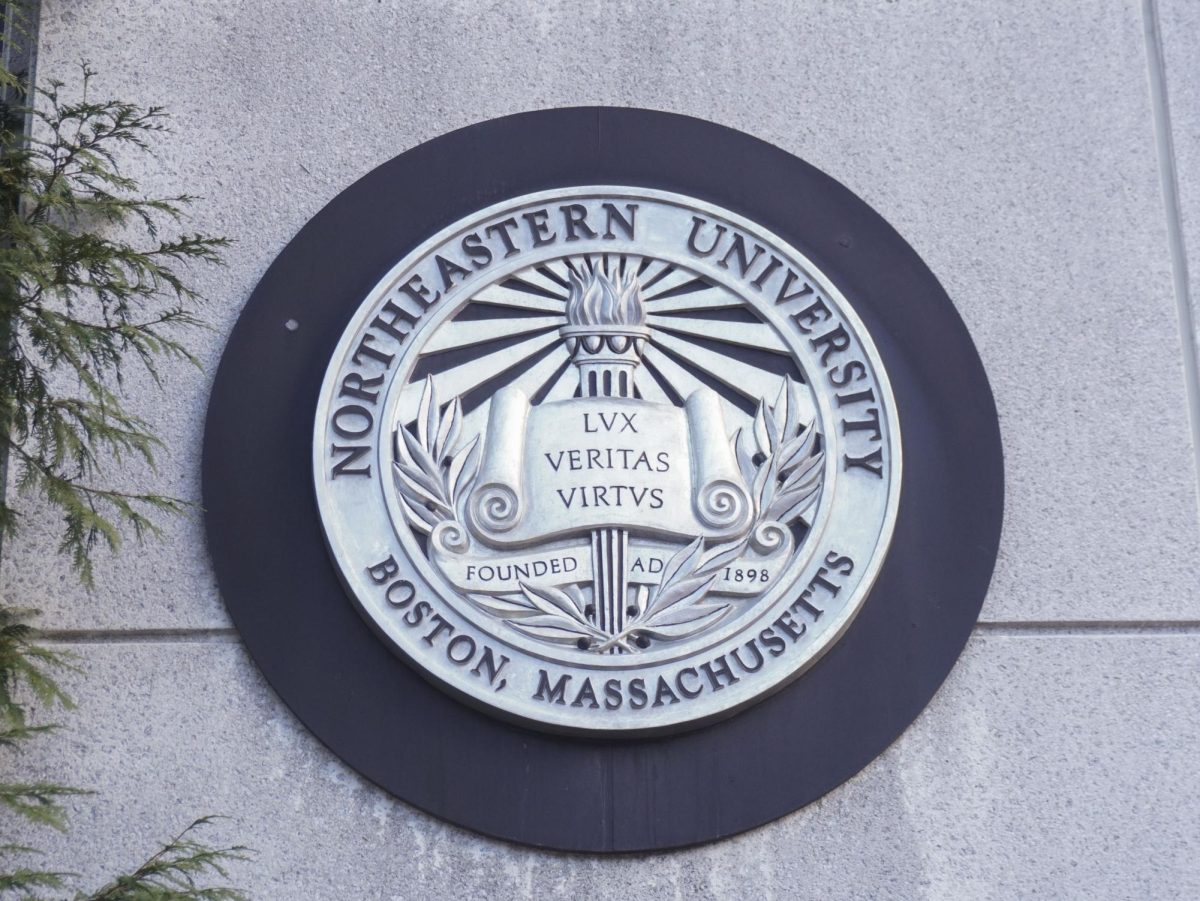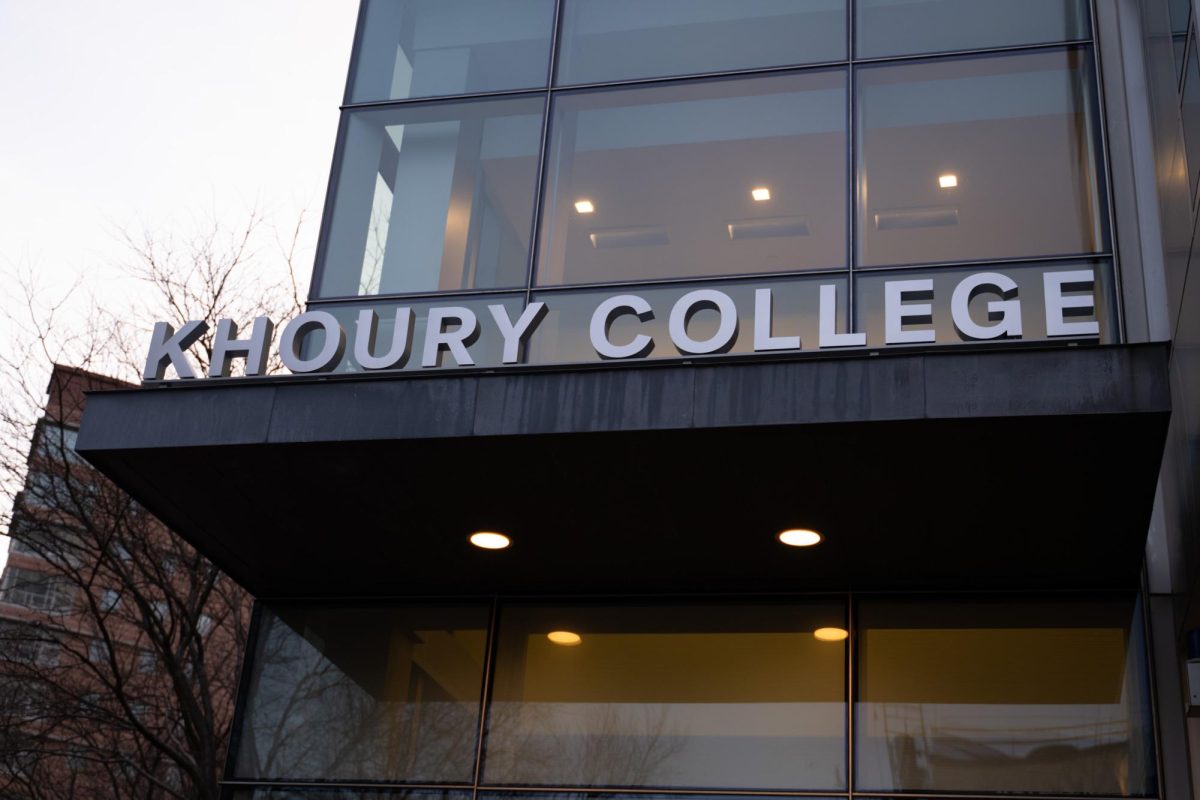Falling in and out of a stagnant web of forgotten priorities, there has been over a decade of discussion and dialogue surrounding the creation of a sexual assault counselor to address one of the most notoriously quiet problems on campus: rape. Students who have been victims of sexual assault have been forced to leave school because they have been unable to deal with the pain of post-sexual assault life, unaided by a more comprehensive and comforting environment on campus that is conducive to the most basic level of recovery.
The counseling office isn’t equipped to sufficiently handle sexual assault instances due to being under funded and understaffed. Their facilities compromise the basic right of every student’s confidentiality with congested and open offices that do little to protect the students privacy in difficult times. There has not been enough done to address more efficient protocols, training, information and counseling options for victims, despite the efforts of a handful of leaders on campus who have been periodically advocating change. I’ve had students come in the student government office because they didn’t feel that they had any place to go and have been forced to travel to facilities around Boston for help. Public Safety has been one of the few departments that have made efforts towards providing better services in training and even defense on campus, but it can only begin, not end there.
A sexual assault counselor would be a proactive figure in informing and influencing student knowledge into the rights and the realities of sexual assault, rape, intimate partner violence and stalking related issues on campus. They would also function as an outreach coordinator to student groups (Greek life, Women’s Center, Mentors In Violence Prevention, etc.) in collaborating student events such as Take Back the Night, The Clothesline Project, and other educational and preventative partnerships. They could also act as a crisis counselor in matters of rape instances, offering a number available to students 24 hours a day, 7 days a week in emergency instances, while providing counseling and support services.
Thus far, the administration has made a commendable effort into listening to this issue and has been very cooperative in providing insight into these efforts. But as fiscal planning draws to a close, the opportunity to break a decade of discussion with action has come. I believe Northeastern to be an institution that believes its student body to be one of its greatest resources in changing and advancing the roots of our ideals and continual improvement. As I have dug through document after document, after my conversations with the faculty and students of this university, and after I have met with the leaders of preventative and educational centers in the Boston community, I am left without a shred of doubt that we aren’t doing enough.
That is why I am not asking for a sexual assault counselor; I am demanding it and anyone who thinks I have no place to do so is mistaken. We, as students, will not be numbed or shuffled through a gross elongation of a simple truth. There are rapes on campuses that go unreported because Northeastern does not provide an environment adequate enough for the utilization of support services. This is unacceptable. Make the financial commitment to this position and more importantly, make the right commitment to your students who continue to silently endure the weight of unreported instances of sexual assault. Time has run out and so has students’ patience, and we will remain relentless until the funding is set forward to support a better response for the rights of every student on campus.
– Michael R. Romano is a sophomore
international business major and
Executive Vice President of Student Affairs for the Student Government Association.









